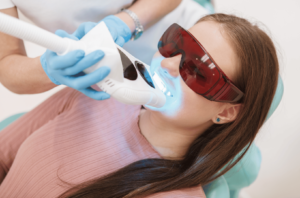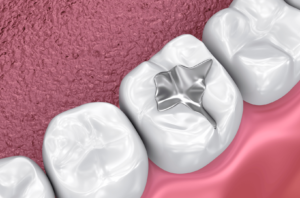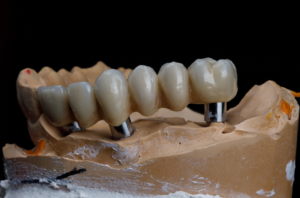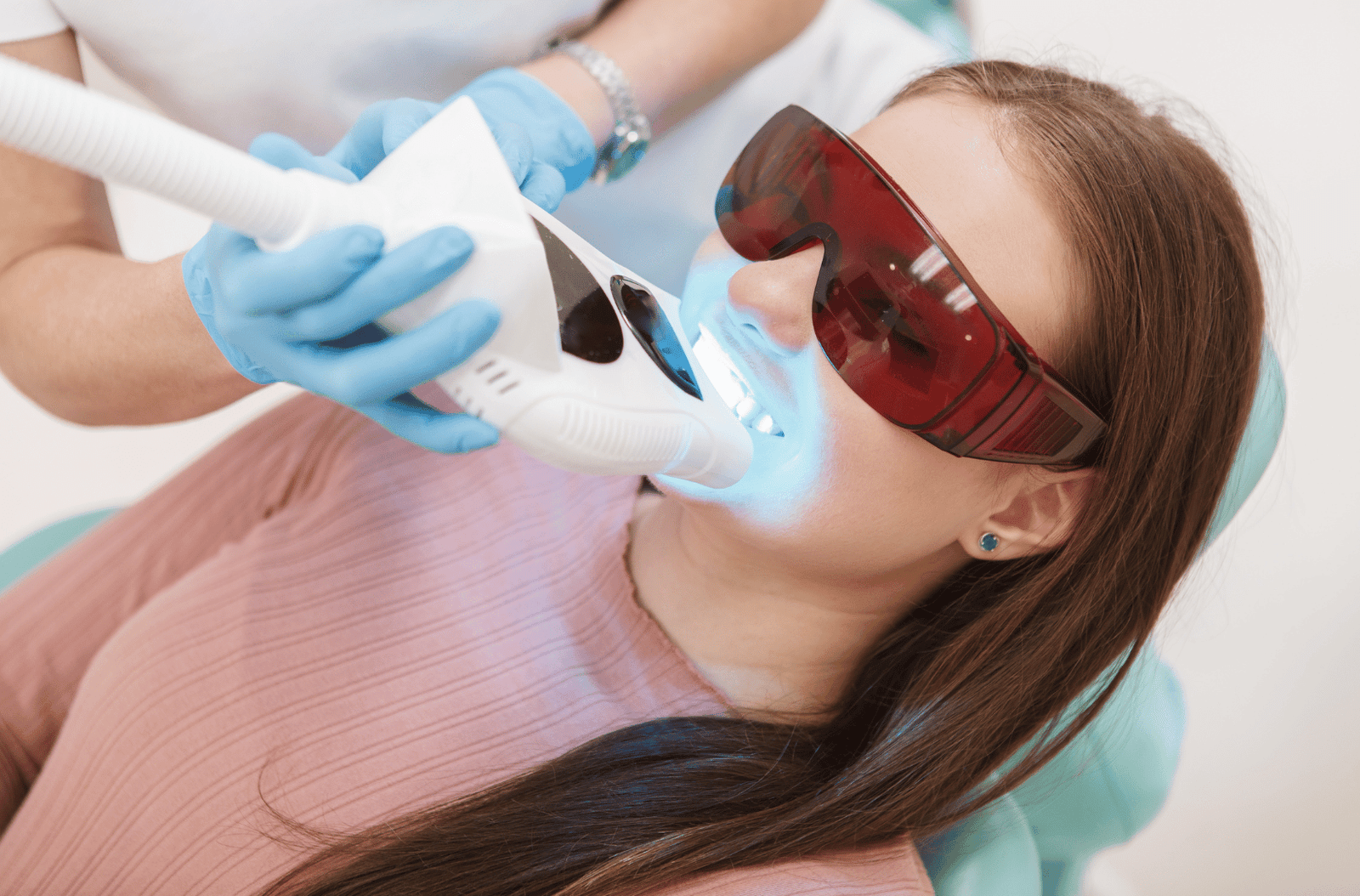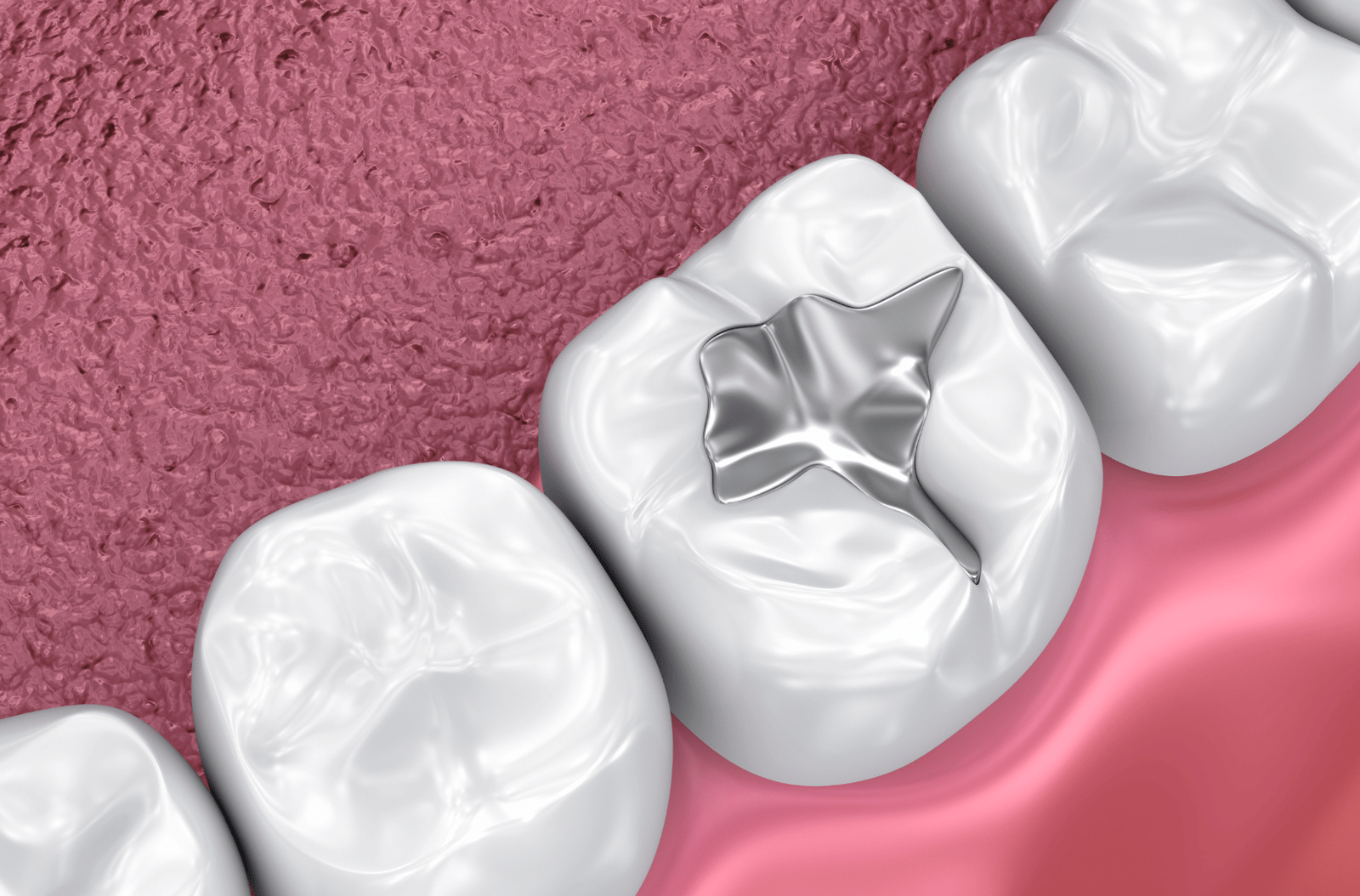Wisdom tooth extraction is a standard dental procedure many people undergo at some point in their lives. Whether it’s due to pain, crowding, or the potential for future dental issues, this procedure can leave you wondering about your dietary options afterward. After all, your mouth will be in a delicate state as it heals from the extraction. This article will explore what you can eat after a wisdom tooth extraction, ensuring a comfortable and smooth recovery process.
Soft Foods Are Your Best Friend
Your mouth will be sensitive after a wisdom tooth extraction, and chewing can be challenging. Soft foods are your best bet during the initial days of recovery. These include:
- Yogurt: Packed with probiotics, yogurt can aid digestion and is accessible in the mouth.
- Applesauce: It’s a great source of vitamins and is incredibly gentle on your healing gums.
- Mashed Potatoes: Creamy and soft, mashed potatoes are a comforting choice.
- Oatmeal: A warm bowl of oatmeal can provide essential nutrients without causing discomfort.
- Pudding: Satisfy your sweet tooth with some pudding, a smooth and tasty treat.
- Soup: Opt for broth-based soups that are not too hot; they are both soothing and nutritious.
Smoothies for Nutritional Boost
Smoothies are an excellent way to ensure you get nutrients while avoiding solid foods. Blend soft fruits like bananas, berries, and mangoes with yogurt or milk. You can even add protein powder for an extra nutritional boost. Make sure not to use a straw, as the suction can disrupt the healing process.
Maintain Hydration
Staying hydrated is crucial for a swift recovery. Water, herbal teas, and diluted fruit juices are your best choices. Avoid beverages that are too hot or cold, as extreme temperatures can irritate your healing gums.
Avoid Certain Foods
While there are many options for post-extraction meals, there are also foods you should steer clear of to ensure a smooth healing process. These include:
- Spicy Foods: Anything too spicy can irritate your mouth and cause discomfort.
- Crunchy Snacks: Chips, crackers, and hard pretzels are best avoided to prevent any damage to your surgical site.
- Acidic Foods: Citrus fruits and juices can be harsh on sensitive gums.
- Alcohol and Tobacco: Both can hinder healing and increase the risk of complications.
Conclusion
In conclusion, taking care of yourself after a wisdom tooth extraction involves choosing foods that are gentle on your healing gums and provide essential nutrients. Remember to choose soft, easy-to-chew options like yogurt, applesauce, and mashed potatoes. Smoothies are a great way to maintain nutrition without solid foods. Stay hydrated with water and herbal teas, and avoid spicy, crunchy, and acidic foods. Lastly, refrain from alcohol and tobacco during your recovery period.
At Complete Dental Of Newton, we understand the importance of a smooth recovery after dental procedures. Please get in touch with us if you have any questions or concerns about your wisdom tooth extraction or post-surgery diet. Your comfort and well-being are our top priorities, and we’re here to support you every step of the way.
Can I eat solid foods right after a wisdom tooth extraction?
It’s best to avoid solid foods immediately after the extraction. Your mouth will be sensitive, and chewing may cause discomfort or damage to the surgical site. Stick to soft foods for the first few days to ensure a smooth healing process.
How long should I stick to a soft food diet after the extraction?
The duration of a soft food diet can vary from person to person, but it’s generally recommended for at least a few days, often up to a week or more. Your dentist or oral surgeon will provide specific guidelines based on your case.
Can I have ice cream after a wisdom tooth extraction?
While ice cream is soft and soothing, consuming it in moderation is essential. Too much cold can be uncomfortable and may not provide healing nutrients. Opt for lukewarm or room-temperature soft foods primarily and enjoy ice cream occasionally.
Are there any specific foods I should avoid entirely during the recovery period?
Yes, some foods should be avoided entirely after a wisdom tooth extraction. These include spicy foods, crunchy snacks like chips, acidic foods, and drinks like citrus fruits and juices, as well as alcohol and tobacco. These items can irritate your healing gums or hinder the recovery process.
Can I drink through a straw after the extraction?
It’s best to avoid using a straw during the initial days of recovery. The suction created by straws can dislodge blood clots, leading to complications. Instead, sip your beverages directly from a cup or glass.
What should I do if I experience severe pain or discomfort after the extraction?
Some pain and discomfort are average after a wisdom tooth extraction, but if it becomes severe or doesn’t improve over time, you should contact your dentist or oral surgeon. They can assess your condition and provide appropriate guidance or medication to manage the pain.
Can I resume my regular diet after fully recovering from the extraction?
Once you’ve healed completely, you can gradually transition back to your regular diet. However, it’s a good idea to avoid extremely hard or crunchy foods to prevent damage to your remaining teeth.
How can I ensure a smooth and speedy recovery after a wisdom tooth extraction?
Follow your dentist’s post-operative instructions diligently to ensure a smooth and speedy recovery. This includes sticking to a soft food diet, maintaining proper oral hygiene, taking prescribed medications as directed, and attending follow-up appointments as scheduled.
Are there any foods that can help promote healing after the extraction?
Foods rich in vitamins and minerals like vitamin C, zinc, and protein can aid healing. To support recovery, consider incorporating soft fruits, yogurt, and blended vegetable soups into your diet.
When can I expect to return to my regular eating habits without restrictions?
The timeline for returning to regular eating habits varies but is typically within a few weeks. Your dentist or oral surgeon will provide specific guidance based on your healing progress during follow-up appointments.
Remember that these answers provide general information, and you must consult your dentist or oral surgeon for personalized advice and recommendations tailored to your situation.


